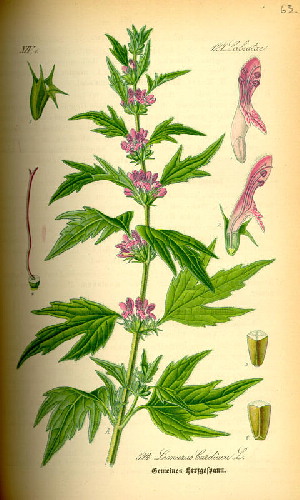a day of mothering: milky oats
trauma and grief
have actual effects, not just on the heart or the mind, but on the body as well. and more often than not, when trauma and grief are mixed with stress, a body has almost no choice but to move into a ‘fight, flight or freeze’ state.
or, in other words, extreme stress can cause extreme reactions–even if you are not physically under threat (like, from a lion). you may feel like you are, however, and so you become highly anxious, snappish, have insomnia, and maybe always feel like you drank too much coffee. or, conversely, you’re sluggish, sleep all the time, have no interest in life, and like it wouldn’t matter how matter how much coffee you drank, you’ll never be able to move again. or you’re too fearful to move, or all you want to do is move. or a combination of all these things, just depending on the time of day.
the thing is though, is that when it comes to grief and trauma, the fight, flight or freeze state doesn’t ramp up and then work back down again as it would with a lion. because grief and trauma stay with us, because grief especially never really ‘goes away,’ you can stay in fight, flight or freeze for decades. needless to say, you’re body is not built to handle that sort of stress for that long.
enter milky oats.
milky oats come from the same plant that gives you your morning breakfast. they are the tops of oat plant, and provide concentrated nutrition. within that nutrition, they also work to revitalize your very overworked body, you’re body that just seems to be too tired to work its way out of the hyper-vigilant state it’s in. too tired to do anything but be anxious or stressed.
milky oats is a long term herb, one that works best the longer you take it. it is an herb you build into your routine, that you have a relationship with. in these days when people are used to desperately searching for the miracle herb that ‘helps,’ many don’t find much use for milky oats. people have been trained by pharmaceutical companies to expect immediate relief from whatever ails them. milky oats doesn’t generally immediately help (although on some it does). and even when you take it long term, you don’t generally just wake up one day and know you feel better. the effects are so gentle, so nourishing, it tends to be more like one day you notice that you’ve taken the stairs every day that week instead of the elevator. you just sort of slip back into feeling ‘normal’ again. not the immediate relief many need (there are other herbs for that), but definitely long term healing.
it’s best to take a tincture when it comes to milky oats, so you can get the full benefit of the ‘milk.’ and the highest quality milky oats tinctures are cloudy green in color. but there is benefit to drinking a cup of dried oat tops or oat straw (the stalk/leave of the plant) tea. Susun Weed talks about the benefits of oat straw here. and you can read more about milky oats here (scroll down past the nettles information) and here.
it’s often very difficult to fit in a new daily routine in your life, but if you think of milky oats as less of a ‘routine’ and more of a small moment of daily mothering, i’ve found i rarely forget to take my tincture when i need to. in times of mourning and grief, even taking 30 seconds to drop a few drips of tincture into some water can be enough care taking to help you get through one more day.



